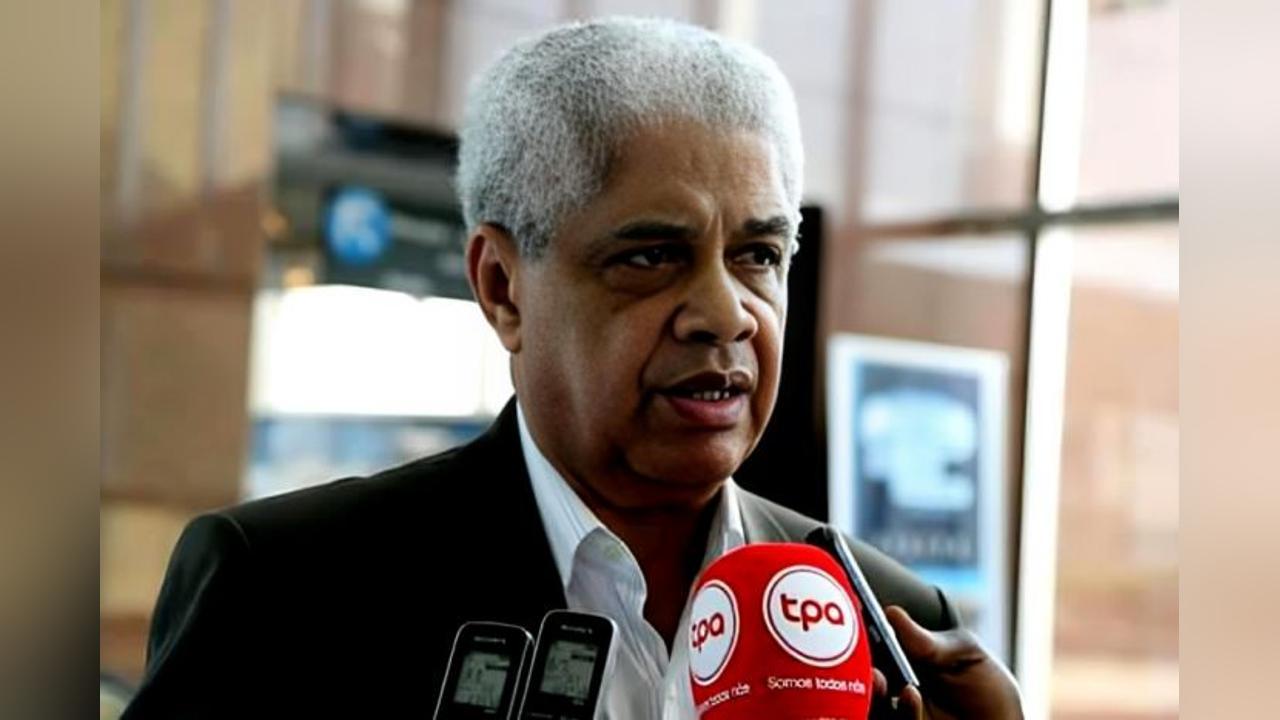Africa-Press – Angola. The president of the Angolan Industrial Association (AIA), José Severino, defended the withdrawal of the diesel subsidy, considering that it will have no impact on inflation and that Angola is indirectly subsidizing neighboring countries through fuel smuggling.
Speaking to Lusa, the official stated that the Government’s decision “was predictable” and is in line with the announced trajectory of gradual withdrawal of subsidies.
“It is not sustainable to continue with highly subsidized prices. We are subsidizing millions and millions, and this cheap fuel enriches economic operators in neighboring countries such as the Democratic Republic of Congo and even Namibia to a certain extent,” he said.
According to José Severino, the price differential creates dangerous smuggling networks.
“The operator never buys at the discounted price in that country, he pays the real price, which is more expensive than in Portugal, and buys here at a fifth of the price. We end up creating networks that are dangerous, even for the country’s sovereignty.”
The increase in the price of diesel, from 300 to 400 kwanzas per litre (from around 0.28 to 0.37 euros), came into effect today and represents the second increase of the year, as part of the policy of progressively removing fuel subsidies.
The AIA leader argued that resources spent on fuel subsidies should be channeled to priority social sectors.
“We need roads, schools, sanitation. We are in the process of making up for lost time. All the money is not enough,” he said. The Angolan government intends to align domestic prices with market values by the end of 2025, freeing up public resources for sectors such as health, education and infrastructure.
Since 2023, gasoline has risen from 160 to 300 kwanzas per liter (0.15 to 0.28 euros), while diesel has gone from 135 to 400 kwanzas (0.13 to 0.37 euros), accumulating increases of over 120%.
The elimination of subsidies represents an estimated saving of 400 billion kwanzas per year (around 372 million euros), in a budgetary consolidation effort supported by international partners such as the IMF and which, according to the executive, aims to free up resources for sectors such as health, education and infrastructure.
When asked about the impact of the measure on the business sector, José Severino ruled out any significant effects on industry, indicating that “90% of the industrial park already has electricity” and that the greatest impact will fall on public companies such as Prodel (Angolan state-owned electricity production company), which still use diesel to generate electricity in some regions.
“The biggest impact will be on agriculture and fisheries, but even there diesel continues to be highly subsidized,” he said, noting that there are mechanisms to support the most vulnerable producers.
“Any change in fuel prices in Angola is reflected in the cost of goods”, he admitted, recalling, however, that the first increase of the year had no impact on inflation and believing that “there won’t be any impact now either” because “the margin is still comfortable to maintain current prices”.
The president of the AIA also warned about the costs of maintaining subsidies, since “subsidizing implies border control mechanisms, inspection services, external security, army, police.
It is a distraction from the country’s fundamental problems and an additional expense.” As for public transport, Severino downplayed the risk of rising prices: “90% of taxi services are gasoline-powered, and gasoline prices have not changed.”
The industrialist reiterated that the policy must be accompanied by well-targeted mitigation measures, such as agriculture and fisheries, which “can be directly subsidized so that there is no impact on the cost of the goods they produce.”
Furthermore, the rationalization of fuel expenditure must be part of a broader policy aimed at improving roads. “The Government has already accepted the toll policy.
We will have permanent road maintenance and, right then, the GDP could grow by 5%. Part of the agricultural production currently does not flow due to lack of roads”, pointed out the association leader.
For José Severino, the gradual withdrawal of subsidies is positive and inevitable because “we need to channel these funds towards education and health, where we have large deficits. There is no more oil. Oil today is almost only used to pay debts.”
For More News And Analysis About Angola Follow Africa-Press






